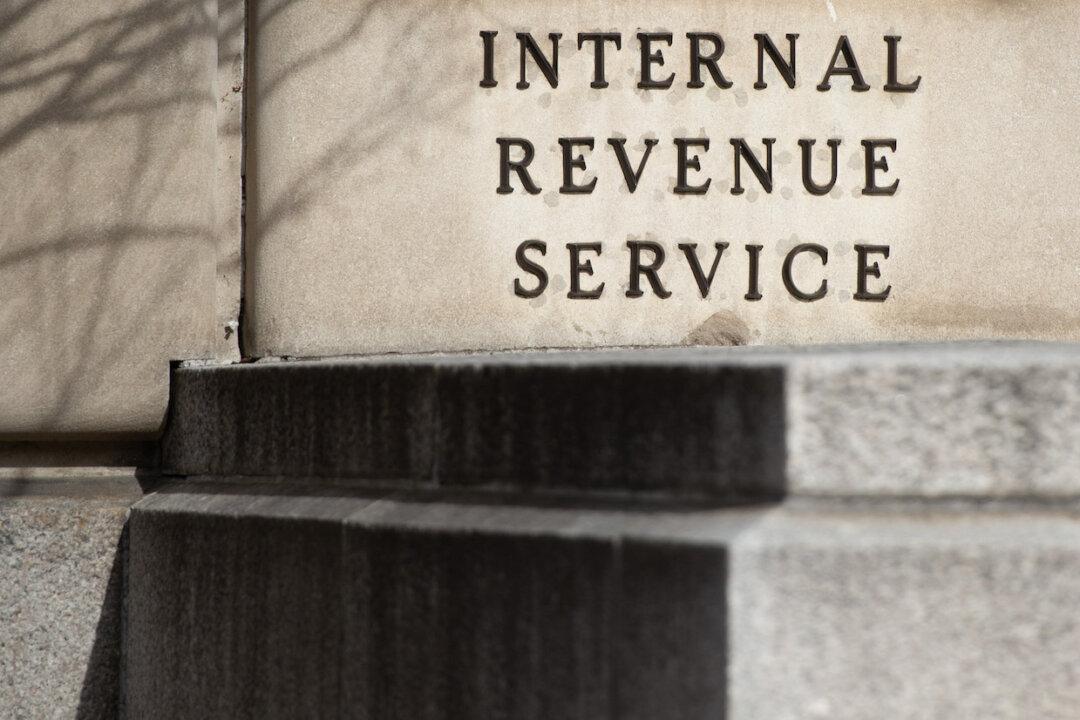The Internal Revenue Service (IRS) has announced a new feature that will let millions of taxpayers get their tax refund money faster.
For the first time, people who electronically file their Form 1040-X (Amended U.S Individual Income Tax Return) will have the option to receive their refund through direct deposit, instead of waiting for a paper check.





